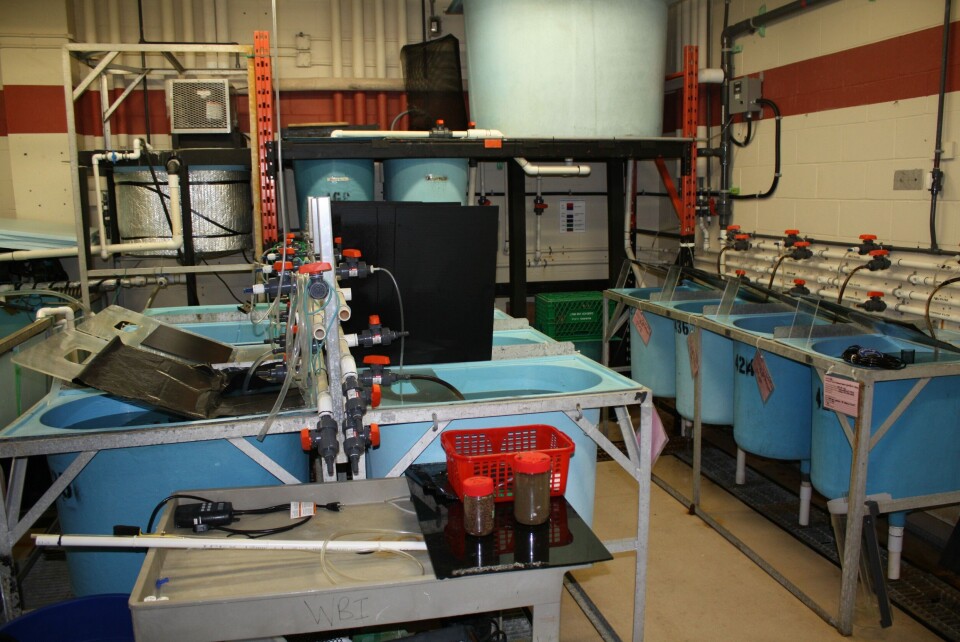
Government steps in to dispel myths
The erroneous reports being perpetrated by extreme anti-salmon farming activists that the Infectious Salmon Anemia virus (ISAv) has been found in wild salmon from British Columbia waters are still heralded as gospel and are still being spread far and wide. This false information has never been retracted by those who started the rumours in the first place- individuals that refer to themselves as scientific researchers.
This week saw two attempts by federal agencies to set the record straight- both in the form of letters to The Ottawa Citizen;
- Kevin Stringer, Assistant Deputy Minister, Ecosystems and Oceans Science with the Department of Fisheries and Oceans Canada replied to a previous writer who obviously got her facts mixed up;
Elizabeth Payne's column paints an inaccurate picture of Fisheries and Oceans Canada's role in testing for infectious salmon anemia. There are stringent federal regulations in place to protect Canada's aquatic species, both wild and farmed, from disease. To date, contrary to some media reports, there has not been a confirmed case of ISA in British Columbia salmon, either wild or farmed.
Upon the allegations that ISA had been found in wild Pacific salmon, the government reacted quickly and tested the samples using Fisheries and Oceans Canada's Gulf Fisheries Centre (in Moncton, New Brunswick), which meets internationally recognized standards for ISA testing; results from our laboratory can be considered valid. The Government of Canada, in collaboration with the province of British Columbia, tested all samples related to the suspected ISA investigation in B.C. Based on the final results, there have been no confirmed cases of the disease in wild or farmed salmon in B.C. In recent years, the Government of Canada and B.C. have tested more than 5,000 wild and farmed salmon in B.C. for infectious salmon anemia. None has ever tested positive.
ISA poses no risk to people. Pacific salmon appear to be resistant to the disease. Canadians can have full confidence in the testing results from the Gulf Fisheries Centre, as they can in the Government of Canada's serious and ongoing commitment to protecting the health of Canada's wild and farmed fish from aquatic animal diseases.
- And in a separate submission, Dr. Ian Alexander, Chief Veterinary Officer of the Canadian Food Inspection Agency explained that the Canadian government is keeping a close eye on any diseases that may be of importance to either wild or farmed salmon, and confirmed that there has been no disease or death of salmon found to be caused by the ISA virus in British Columbia;
The Canadian Food Inspection Agency (CFIA) is committed to protecting fish health - both wild and farmed. That is why we have undertaken a surveillance initiative, which will provide a comprehensive picture of the health status of salmon in British Columbia. Our actions are being guided by science and given the importance of this issue, we are taking the steps needed to ensure that the results of our surveillance, whatever they may be, are based on sound verifiable information. Based on these criteria, it is important to note there have been no confirmed cases of infectious salmon anemia in salmon in B.C.
ISA is a reportable disease, which means all suspected cases must be confirmed at a federal laboratory where tests are conducted according to stringent World Organization for Animal Health (OIE) standards.
As the OIE stated last week, their reference laboratories are expected to provide high quality disease diagnostic services and to maintain the highest technical and operational standards. It is the prerogative of the OIE and their membership to designate their reference laboratories. CFIA remains committed to keeping Canadians informed of our work surrounding this important Canadian resource.






















































